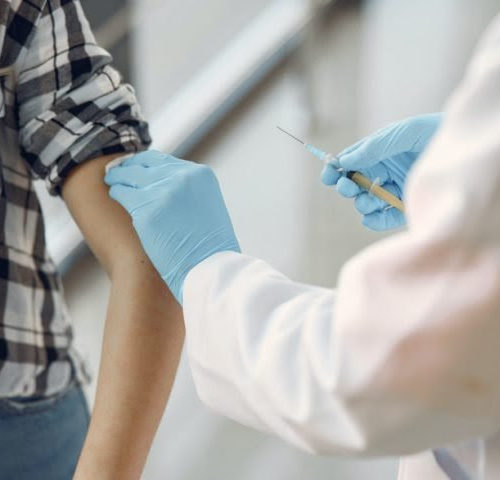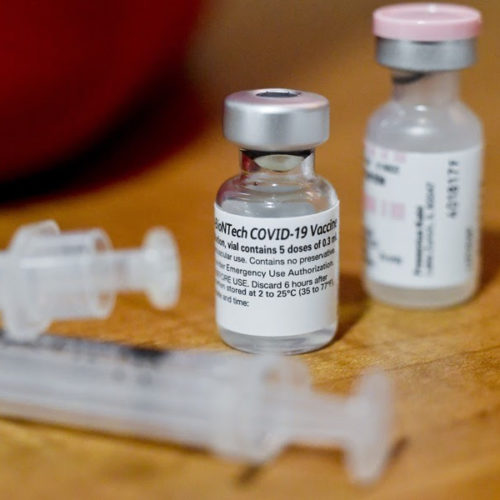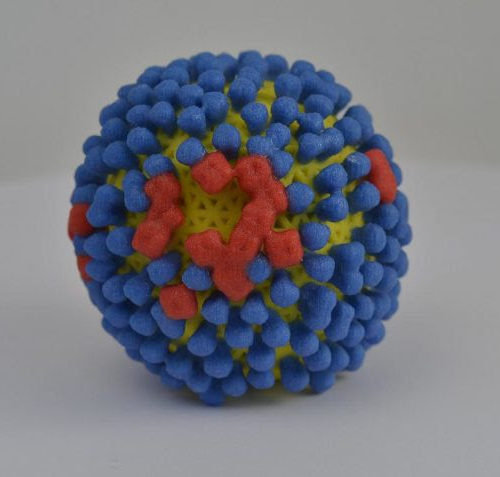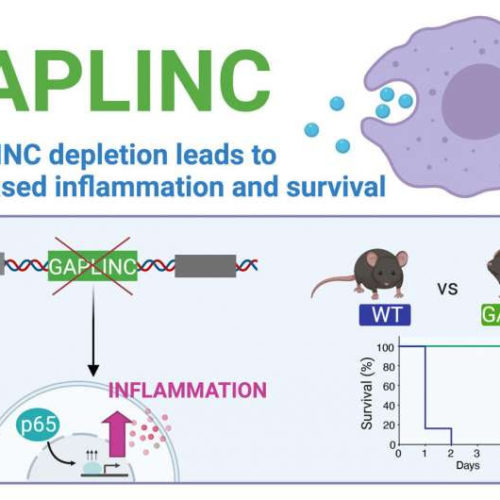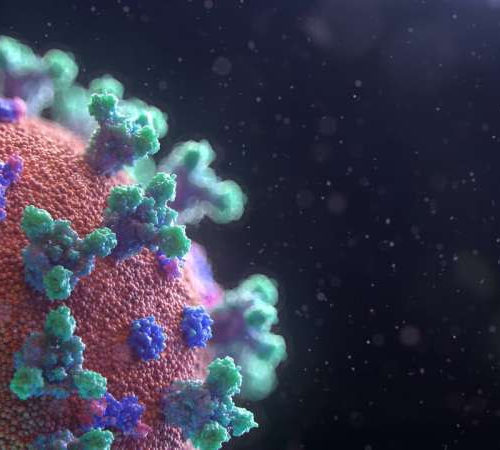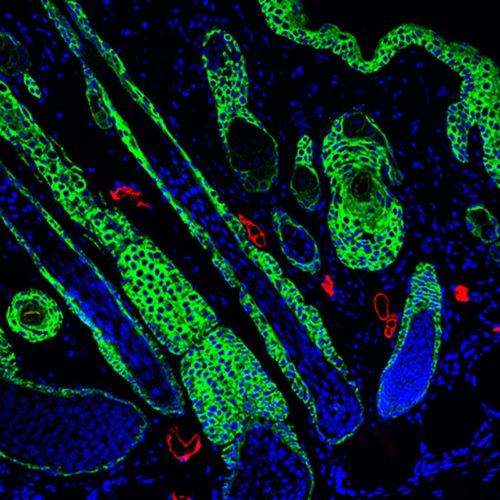People previously infected with SARS-CoV-2 show significantly higher T cell and antibody responses following a single dose of Pfizer/BioNTech vaccine compared with uninfected individuals, a collaborative study involving University of Liverpool researchers has found, While both groups show robust immune responses after one dose, the higher response experienced by previously infected individuals likely represents a...
Tag: <span>immune response .</span>
Suppressed immune response linked to failed bone healing
If all goes as envisioned, research done at the UO could one day lead to a blood test to guide treatment for trauma victims whose bones may be slow to heal. A team led by Robert Guldberg of the UO’s Phil and Penny Knight Campus for Accelerating Scientific Impact reported that measurements of specific immune cells and...
Could mixing COVID vaccines boost immune response?
Heidi Ledford A trial will test a two-shot vaccine regimen that uses two types of COVID vaccine.Credit: Ben Hasty/MediaNews Group/Reading Eagle/Getty Researchers in the United Kingdom have launched a study that will mix and match two COVID-19 vaccines in a bid to ease the daunting logistics of immunizing millions of people — and potentially boost immune...
Intranasal influenza vaccine spurs strong immune response in Phase 1 study
An experimental single-dose, intranasal influenza vaccine was safe and produced a durable immune response when tested in a Phase 1 study published in the Journal of Clinical Investigation. The investigational vaccine, called Ad4-H5-VTN, is a recombinant, replicating adenovirus vaccine designed to spur antibodies to hemagglutinin, a protein found on the surface of influenza viruses that attaches...
Study identifies noncoding RNA involved in immune response and sepsis
by University of California – Santa Cruz GAPLINC, a highly conserved long noncoding RNA, modulates the immune response during endotoxic shock. Reducing or eliminating GAPLINC led to enhanced expression of inflammatory genes in both mouse and human cells. In a mouse model of sepsis, knockout mice without GAPLINC were protected from endotoxic shock. Credit: Apple Vollmers...
Scientists unravel mystery of sex disparities in COVID-19 outcomes
by Bill Hathaway, Yale University Credit: Unsplash/CC0 Public Domain A little more than a year ago, as the first reports rolled in about the outbreak of a novel new coronavirus in China, it quickly became clear that older individuals and males were most at risk of lethal outcomes. Yale immunobiologist Akiko Iwasaki knew immediately that studying...
Immunology study finds protein critical to T cell metabolism and anti-tumor immune response
by University of Texas M. D. Anderson Cancer Center An artist’s depiction of a T cell. Credit: NIAID Researchers at The University of Texas MD Anderson Cancer Center have discovered that a protein called NF-kappa B-inducing kinase (NIK) is essential for the shift in metabolic activity that occurs with T cell activation, making it a critical factor...
Viruses shown to evolve as a result of different immune responses in different ethnic populations
Posted Today Differences in the cellular immune system in different human populations are now known to influence a virus’s evolution. A virus will adapt and may ultimately form subtypes to escape common antiviral immune responses. For the first time, in a paper published in Virus Evolution, Professor Astrid Iversen of the Nuffield Department of Clinical Neurosciences at...
Wound-healing hydrogel reduces scars by triggering immune response
By Michael Irving, November 09, 2020 A section of skin – complete with hair follicles – regenerated by the new hydrogel Tatiana Segura Lab, Duke University Scar tissue is an effective short-term solution to quickly patch up wounded skin, but it’s not so great long-term. Now, researchers at Duke University and UCLA have created a new hydrogel...
Researchers discover enzyme suppressing immune response to viral infections
UNIVERSITY OF MISSOURI-COLUMBIA Viruses such as HIV, hepatitis B and hepatitis C evade or disrupt the immune system to create persistent infections. These viruses remain a serious health threat, but researchers from the University of Missouri School of Medicine have discovered how an enzyme that regulates several cellular processes might be a key target to preventing viruses...

